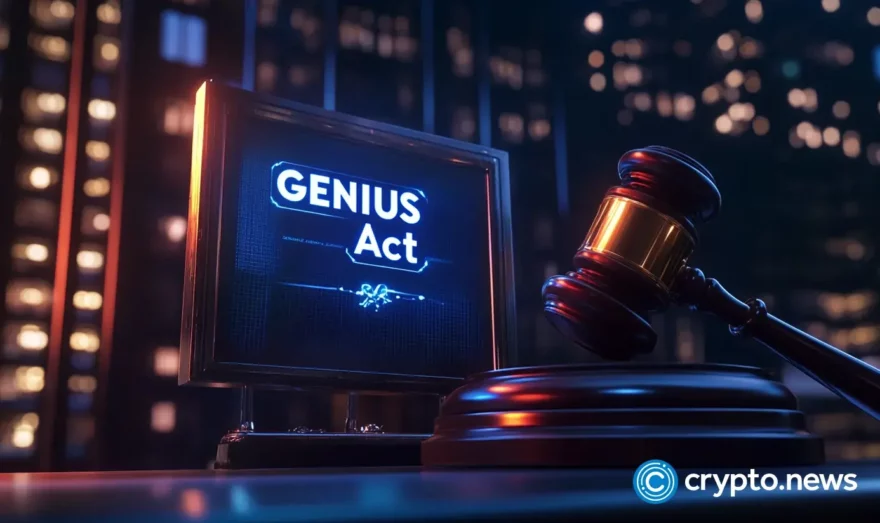US Lawmaker Offended as Federal Energy Agencies Show Unwillingness to Act on White House’s Crypto Mining Recommendations

Jared Huffman, a United States House of Representatives member, has reportedly queried some U.S. federal agencies’ unwillingness or reluctance to respond to recommendations in a recently released White House report on cryptocurrency mining.
Jared Huffman, a United States lawmaker who advocates for increased scrutiny of crypto-mining entities, has shown his displeasure at the U.S. energy agencies, which he accuses of failing to act on the White House’s call for them to do “reliability assessments of current and projected crypto-asset mining operations on electricity system reliability and adequacy.” However, a commissioner at the Federal Energy Regulatory Commission, Allison Clements, insists crypto mining should not be singled out from grid studies.
White House Recommendations Under Review
Crypto mining is energy-consuming and is a source of concern for many people due to its environmental impact.
As stated in a Bloomberg Law report, U.S. energy and environmental officials haven’t announced plans to pursue possible efficiency standards or to conduct energy use studies as demanded by the White House report. For instance, Costa Samaras, the principal assistant director for energy in the Office of Science and Technology Policy, is quoted as acknowledging that agencies have yet to issue a response. Samaras reportedly said:
“Each agency is reviewing the recommendations, and will announce commitments as part of their own process and timeline,”
However, there is a faction that thinks otherwise. Samaras’ counterparts at the Federal Energy Regulatory Commission (FERC) and North American Electric Reliability Commission (NAERC) insisted they already have measures in place to safeguard in case a grid shortfall occurs. Hence, there is no plan to do a reliability assessment specifically for cryptocurrency.
Crypto Mining Should Not Be Singled Out From Grid Studies
In its report titled ‘Climate and Energy Implications of Crypto Assets in the United States,’ the White House said both the FERC and NAERC, along with regional entities, “should conduct reliability assessments of current and projected crypto-asset mining operations on electricity system reliability and adequacy.”
The report also implored agencies responsible for collecting energy information to “consider collecting and analyzing information from crypto-asset miners and electric utilities in a privacy-preserving manner to enable evidence-based decisions on the energy and climate implications of crypto assets.”
Huffman, who is not happy with the agencies’ justifications, warned he would be forced to take action if nothing was done. Huffman has been at the forefront of campaigns for greater scrutiny of crypto mining facilities.
Meanwhile, Huffman’s fellow Democrat and a commissioner at the FERC, Allison Clements, is quoted in the Bloomberg Law report insisting that crypto mining should not be singled out from grid studies. Clements reportedly said:
“It’s unclear to me that an individual reliability assessment related to cryptocurrency mining, which happens in places, should be separated out from general reliability planning of any particular node, any service territory, any region, any interconnect,”
The FERC commissioner added that while crypto mining is something that is on the agency’s radar, she did not have “anything to report, relative to anything coming up soon.”
















